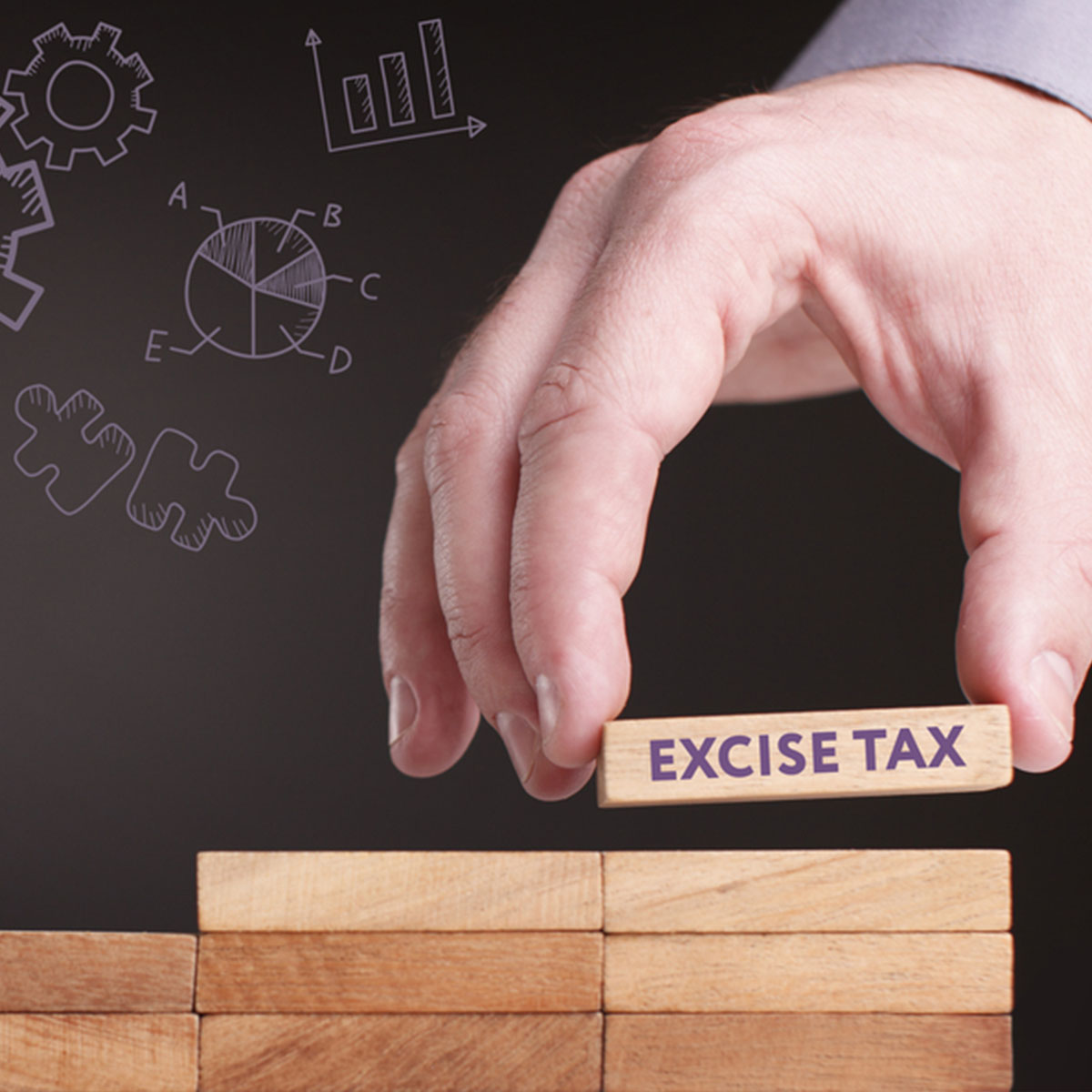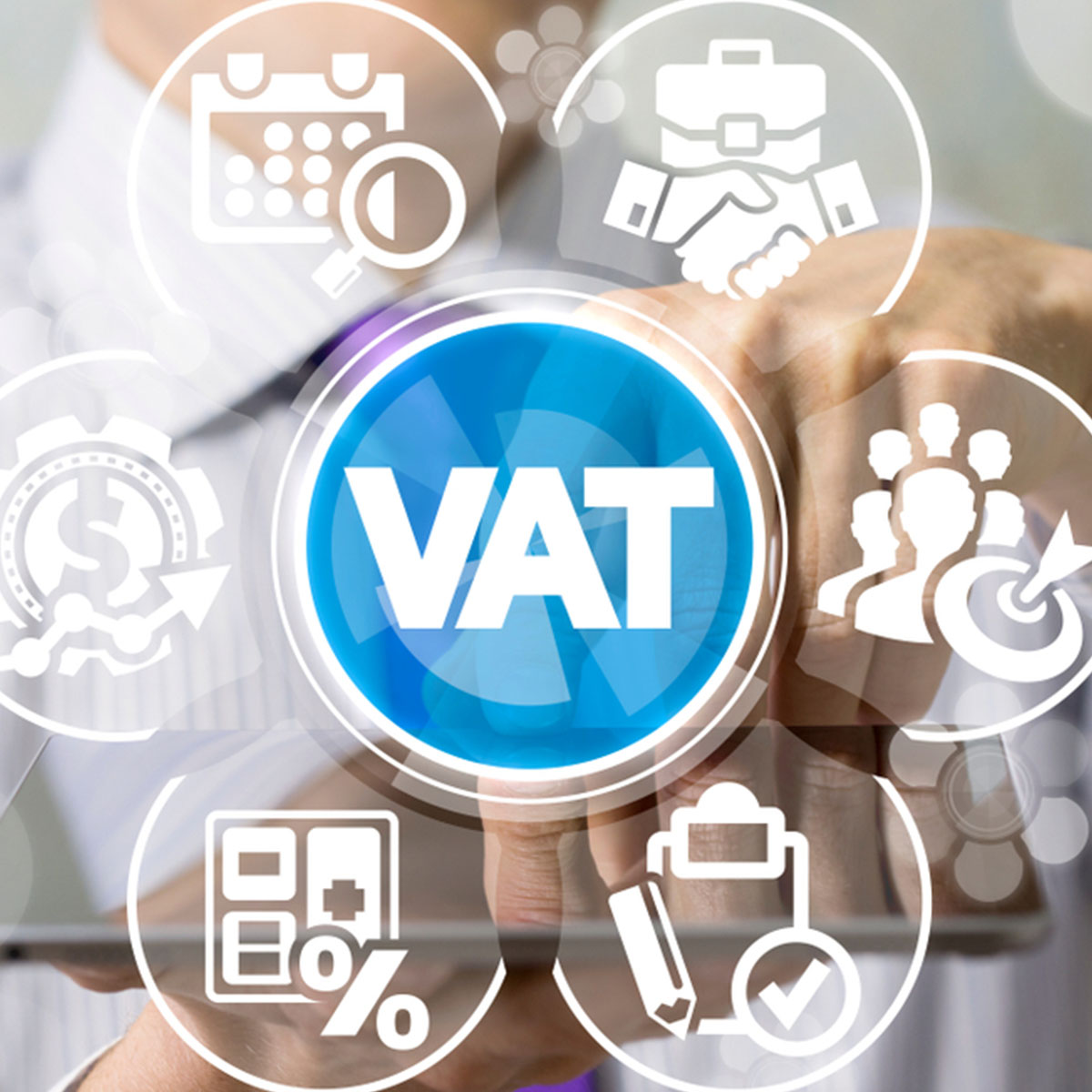Excise taxes have been around so long, it is tempting to think of them as a historical legacy.
The growth in excise tax is mirrored in many countries across the world as policymakers are lured by the prospect of the easy collection – commodities such as salt, tobacco, alcoholic drinks have been subject to excise taxes for countries in Asia, Europe and elsewhere.
Today, excise taxes are used to sustain tax revenues in a world of changing monetary, fiscal and trade policies and to cover the external costs related to the use of certain goods and services. By the end of 2017, for example, the six members of Gulf Corporation Council (GCC) – Bahrain, Kuwait, Oman, Qatar, Saudi Arabia and the United Arab Emirates (UAE) – have introduced levies for the time on tobacco, carbonated drinks and energy drinks.
The list of good with excise taxes keeps expanding.
The list. Now includes chocolate, coffee, mobile phones, plastic bags and soft drinks to name but a few. Economists call these 'external' costs. Smokers, for example, can fall ill, or their smoke can irritate and harm others the excise taxes also cover the cost of two complementary strategies deployed by governments to discourage so-called anti-social behaviour: regulation and public education. In many countries, the number of smokers is now declining.
Monies raised through excise may be reserved for a redress of specific social costs commonly associated with the product or service on which it is levied.
Tobacco tax revenues, for example, might be spent on government anti-smoking campaigns, or healthcare for cancer, heart disease, vascular disease, lung disease, and so on.
Starting 1st October 2017, excise tax has been introduced in the UAE by the Federal Tax Authority (FTA). This would be at the rate of 100% on tobacco products and caffeinated drinks, and 50% on sugary drinks.
For businesses, this implies a regulatory change since all compliance requirements called for by the FTA would have to be adhered to.
Any business in the UAE dealing with excisable goods should check if they need to be registered with the FTA and required to file and pay excise tax.
It is the responsibility of businesses to ensure that all regulatory requirements pertinent to excise tax are in place.










